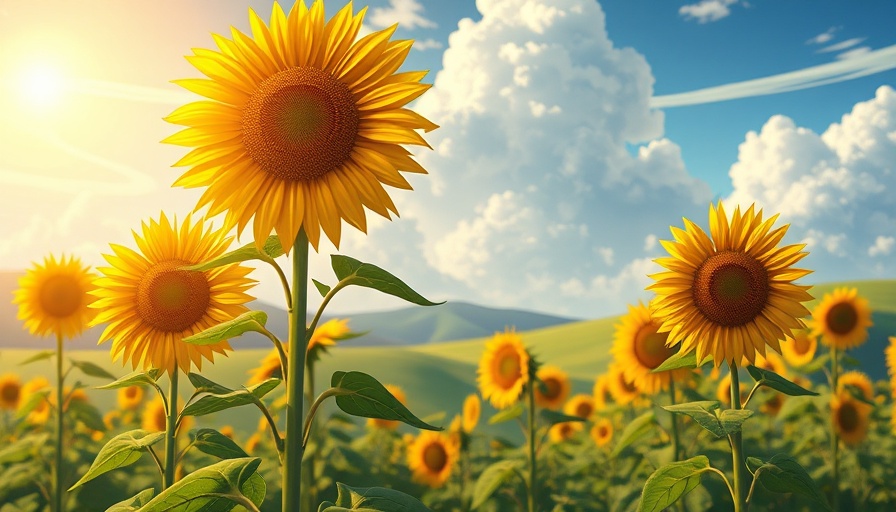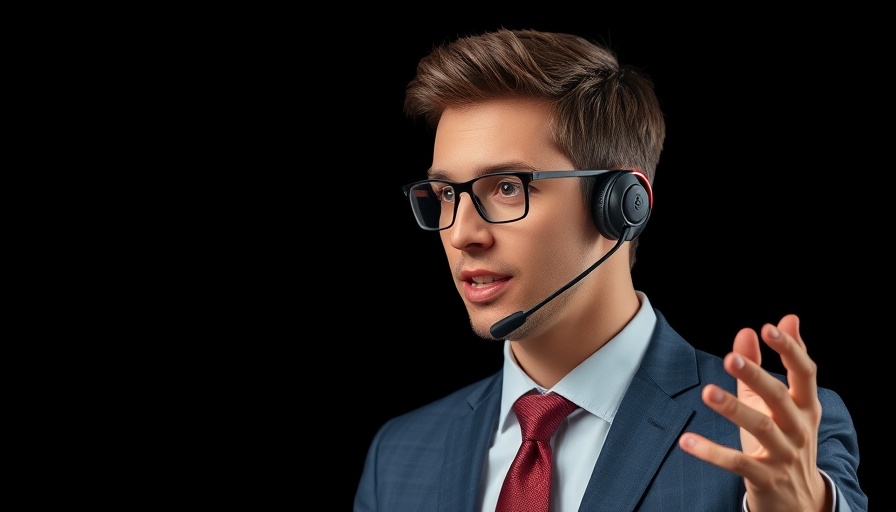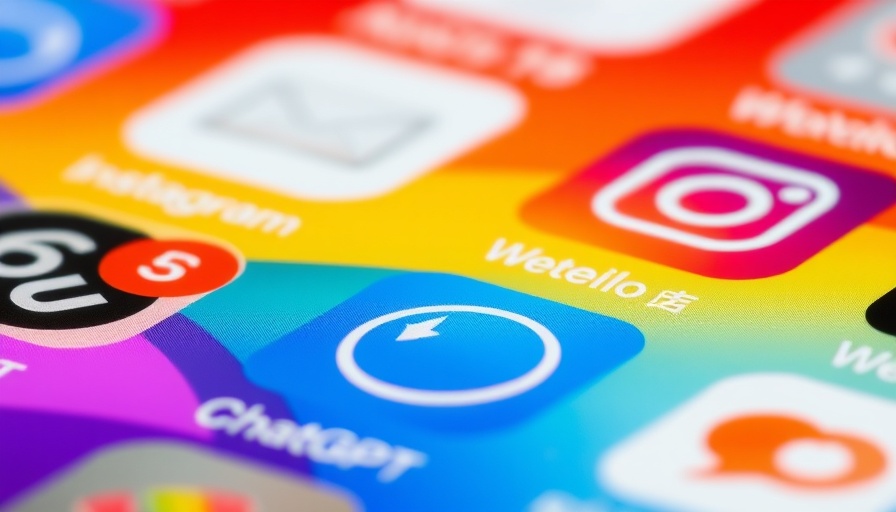
Why AI Art and Studio Ghibli Clash: A Cultural Examination
The recent surge in generating artificial intelligence (AI) art, particularly imitating the uniquely distinct style of Studio Ghibli, has sparked an uproar among fans and artists alike. As mentioned in discussions about the impending relevance of AI in art, there's a clear cultural and ethical implication surrounding AI art generation that cannot be overlooked. Studio Ghibli, famed for its breathtaking animation and storytelling, is not just a brand, but a cultural heritage that represents storytelling and artistry of the highest caliber. So why does the emergence of AI-generated Ghibli-style artwork incite such anger? The answer lies deep within the moral fabric of artistic expression and originality.
AI Imagery: The New Frontier But With Consequences
As we delve into the ramifications that AI-generated art has on creators, it's essential to assess both the capabilities and the ethical concerns surrounding these technologies. The latest technology from OpenAI, which allows users to create images resembling those from Studio Ghibli effortlessly, raises questions about copyright infringement and creative violation. Many in the industry argue that such technologies endorse a disturbing trend where creators find themselves powerless against digital looting, as the heart and soul of artistic creation are commodified for mass consumption.
Understanding the Backlash Against AI Art Gen
The backlash surrounding Ghibli's AI representation isn't merely rooted in nostalgia. It's a manifestation of a broader concern about how AI might redefine the landscape of creativity. Prominent figures like Hayao Miyazaki have long declared their opposition to the idea of AI in art, highlighting the inherent value of human emotion and experience in creative works. This discontent is echoed by many who feel that AI stripping the artistry from Ghibli's extensive catalog is akin to a technological colonialism, whereby machines displace human artists without understanding or respecting their contributions.
Counterarguments: The Optimistic View of AI Authenticity
While many vehemently oppose AI art, others see potential in AI's ability to broaden the creative capacity of artists. Supporters argue that AI could serve as a tool to enhance the artistic process rather than replace it. It enables artists to explore new mediums, inspires unconventional ideas, and could even lead to exciting collaborations between human creativity and machine learning. But does this justify the use of styles that directly copy and trace the work of others?
The Emotional and Psychological Impact of AI Art
For those entrenched in the art community, the emergence of AI-generated Ghibli-style artwork is not just another tech advancement; it's a psychological hurdle. Artists express frustration, not only about the loss of their unique styles but also about the emotional labor that goes into creating art—a process that AI cannot replicate. This erosion of emotional authenticity raises questions: What does it mean to create when machines can imitate your style without understanding or feeling anything?
Finding Balance: Human Creativity vs. AI Power
The discourse surrounding AI art must aim for a balance between leveraging technology and preserving authenticity. While AI-generated visuals may offer value, it is imperative to establish a dialogue that respects the artistry and craft of those who dedicate their lives to creation. To combat the increasing dominance of AI, creators and audiences alike must engage in more conscious consumption.
Imagine if artists united against unethical practices; perhaps through advocacy or by developing strict licensing models for AI-generated content. Establishing standards can mitigate ethical concerns while allowing space for new artistic frontiers.
In a day and age where technology rapidly evolves, we as consumers and connoisseurs of art must question our interactions with AI. The potential for AI in art is limitless, yet exercising discernment when it comes to its adoption is crucial. It’s not merely a fad; it’s a foundational landscape shift that requires collective participation to navigate art’s future.
Call to Engage
For those who are passionate about both AI technology and the arts, it is time to reflect on what this means for our cultural future. Let's foster discussions that prioritize ethical creation; after all, a future worth having doesn’t just embrace technology— it harmonizes it with the human experience!
 Add Row
Add Row  Add
Add 




 Add Row
Add Row  Add
Add 

Write A Comment